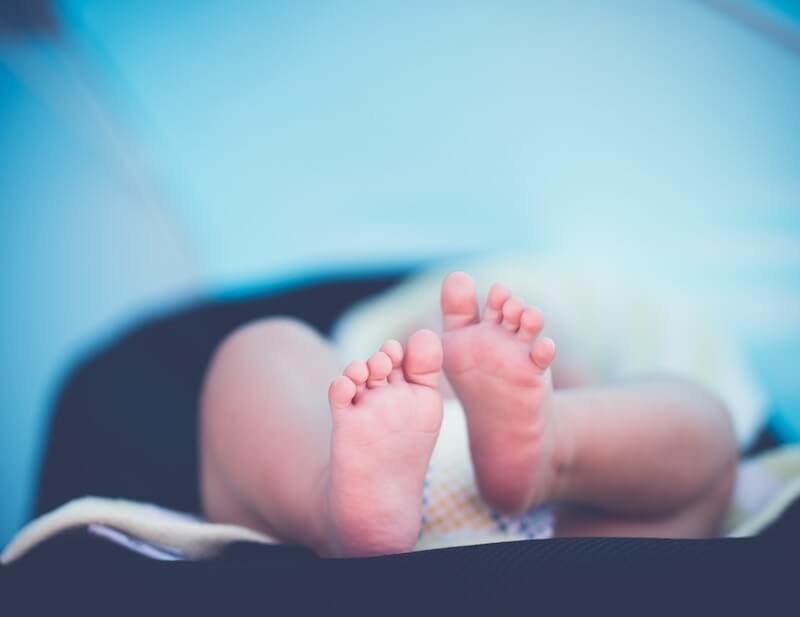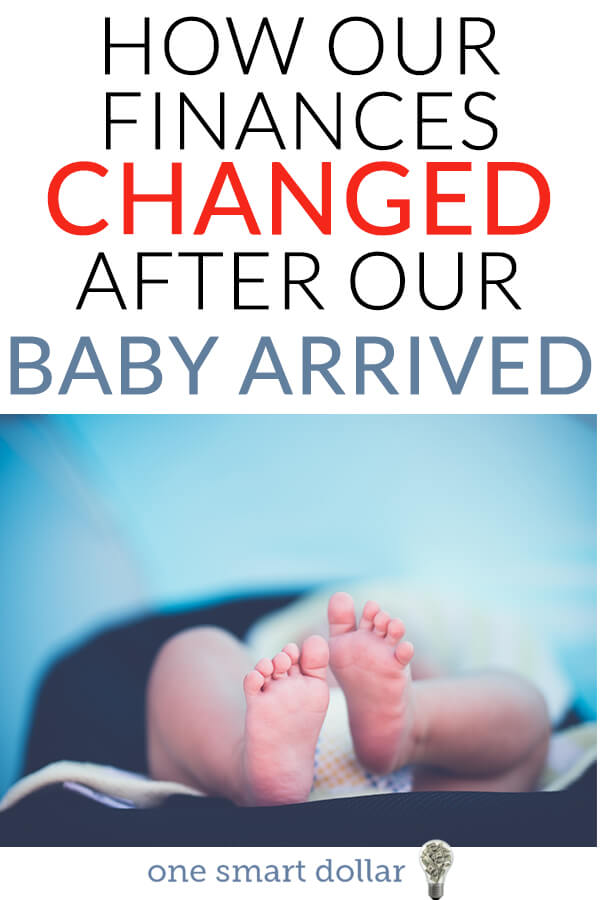
Just over 18 months ago my first son was born. Although I had heard plenty about how your life changes after having a child, nothing can really prepare you for what comes next. And I’m not just talking about sleepless nights (although we never really felt like zombies, tired yes but not zombies), temper tantrums, colic filled days, or anything like that. The adjustment to living with a miniature person is surprisingly easy. Finances and how you spend your money, on the other hand, change dramatically.
Pre-Baby Finances
Before our son came along, we both had jobs. Neither was exceptionally high paying, but our jobs paid the bills, afforded us more luxuries than many people, allowed us to save for retirement, and put some aside each month into savings. If we wanted to randomly go out to eat, there was no problem with that. If I found a new toy, like a $450 compound sliding miter saw, I bought it (after a brief finances discussion of course). At the end of the month our IRA’s were funded and we had several hundred dollars left over for the emergency fund; a fund we were very thankful for when our son was born.
Post-Baby Finances
Our little bundle of joy arrived 7 weeks early. He was strong and healthy despite being so premature, but still spent his first week in the NICU. We have relatively good insurance through my wife’s job as a teacher, but we still were in for a shock when our out-of-pocket maximum was double what we expected. Apparently after a new person comes onto the plan, they start their own deductible and out-of-pocket max. But we have an emergency fund, and although it was painful to withdraw several thousand dollars, we didn’t have to go into debt.
The next shock came when my wife returned to work. I dropped to part-time at the office, and stayed home with the boy most of the week. We understood the consequences of this, and I picked up writing gigs, extra hours, and part-time work for friends’ businesses when I could. But managing a baby all day long doesn’t leave you much time to do anything else. With $25 per can of formula (which he went through two per week), clothes that fit for a month at the most, doctor’s visits, toys, and everything else, we saw our savings drop and then drop a little more. But I would rather give up my savings account and be able to stay home every day.
We had to make an adjustment of spending attitude that wasn’t hard, but it was irritating. Not going out to eat wasn’t a problem, since we didn’t want to find a babysitter in the first place. A special meal cooked at home was just as delicious and a fifth of the cost. Our contribution to savings stopped, and we dropped our IRA contributions to $100 per month. I knew the long-term effects would not be fantastic, but I can work an extra year into retirement to make up for it. Basically, we had to put life on hold for a year.
But that does not mean we didn’t have any fun. We took plenty of trips to the park and mountains. We went backpacking and camping. Our garden looked amazing, and the lawn has never been better. Adjusting to a new person in the house comes quickly. And adjusting to new spending habits is a little harder, but is perfectly feasible.
Wrapping it up
If you are thinking about having kids, or considering thinking about having kids, don’t fret over the finances. If you are here reading this website, you are more financially savvy than 99% of your peers. Some habits die hard, others are easy to drop. And spending time with your child makes skipping the fancy vacations, expensive restaurants, and really cool toys completely worthwhile. By the way, things have improved due to finding some extra ongoing writing work, so our emergency fund is once more climbing.
Do you have kids? How did your finances change when they were born? If not, what’s your biggest financial fear for when they do come?


My sister also had this eye-opener. She was unaware that this little child starts a brand new deuctable. She had to find this out when she took her in for a well check visit and had an enormous bill.
I married at the very young age and at the age of 21 my first was born. Honestly, we are not financially prepared during that time, but we did everything to give everything for our baby.
I have one child, who is now 4 1/2. I actually think having a preschooler has been much harder on our bottom line, than having a baby was. Yes, we had the regular diaper and formula costs, but we received nearly all of our baby gear and lots of clothes, toys, and books as shower/new baby gifts. (And thanks to generous grandparents, we still receive lots of clothes and other goodies.) But the costs started to add up more significantly when my daughter started preschool, swim lessons, etc. And once she hit 3 1/2, she started having strong opinions about the clothes she wanted to wear (no pants or shorts for this kid!), and worse, started wanting us to buy her things EVERY time we went into a store. Setting and sticking by limits has been vital, but I’m not flawless at it. It’s really amazing, unsettling, and exhausting what little consumers they become.